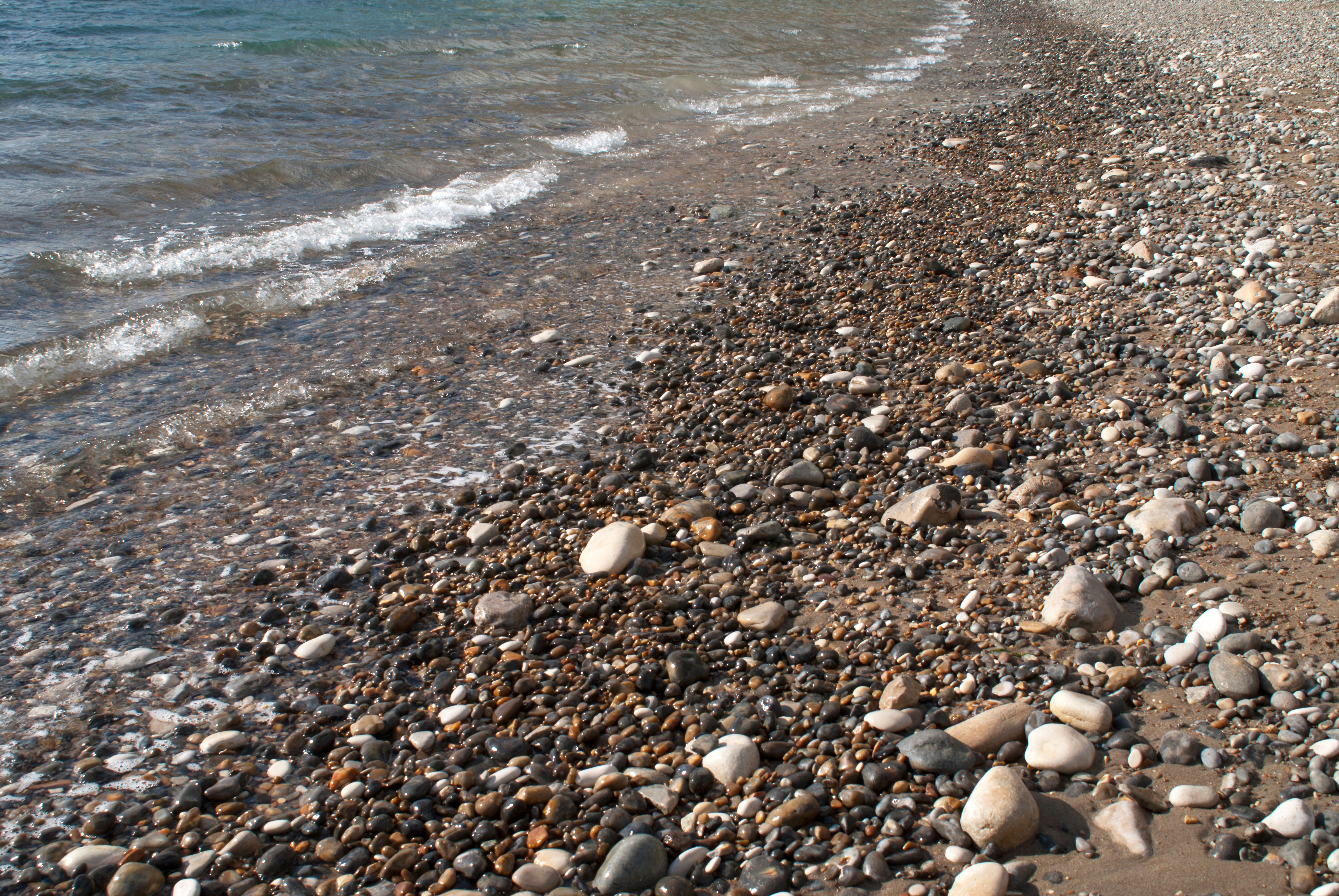Country Life Today: 'This is perhaps the ultimate wake-up call from the uncontrolled experiment humanity is unleashing on the world’s oceans'
In today's round up, we examine why oxygen loss is putting oceans at risk, discover that action to cut air pollution brings almost immediate benefits to human health and find out which bird's arrival marks the start of winter in Gloucestershire.


'Breathless' oceans are short of oxygen
Marine life is facing an unprecedented threat from oxygen loss caused by climate change and pollution. According to a study by the International Union for the Conservation of Nature, dead zones where oxygen levels are too low are expanding rapidly across the world’s seas—there are now at least 700 such sites, some of which span thousands of square miles.
Researchers believe that oceans will lose 3% to 4% of their oxygen by 2100, particularly in surface areas, with potentially devastating consequences both for aquatic ecosystems and for coastal communities.
‘This is perhaps the ultimate wake-up call from the uncontrolled experiment humanity is unleashing on the world’s oceans as carbon emissions continue to increase,’ said one of the report’s editors, Dan Laffoley. ‘To stop the worrying expansion of oxygen-poor areas, we need to decisively curb greenhouse gas emissions as well as nutrient pollution.’
Reducing air pollution improves health almost immediately
A report by the Environmental Committee of the Forum of International Respiratory Societies has discovered that cutting air pollution produces fast, dramatic benefits. The news came at about the same time as another report, by the British Heart foundation, estimated that breathing in London’s air can be as deadly as smoking 150 cigarettes a year. . ‘We knew there were benefits from pollution control, but the magnitude and relatively short time to accomplish them were impressive,’ says the study’s lead author, Dean Schraufnagel. ‘Our findings indicate almost immediate and substantial effects on health outcomes followed reduced exposure to air pollution.’
For example, according to the report, Ireland’s indoor-smoking ban resulted in a 26% reduction in heart attacks and 32% drop in strokes.
Boosting air quality also makes financial sense, with the report revealing that the health benefits of the American Clean Air Act saved two trillion dollars, making it one of the US’ most effective public health policies.
Exquisite houses, the beauty of Nature, and how to get the most from your life, straight to your inbox.
‘Air pollution is largely an avoidable health risk that affects everyone,’ continues Dr Schraufnagel. ‘Fortunately, reducing [it] can result in prompt and substantial health gains. Sweeping policies affecting a whole country can reduce all-cause mortality within weeks. Local programs, such as reducing traffic, have also promptly improved many health measures.’
Swans herald the start of winter at a Gloucestershire nature reserve
Winter has come—at least according to Bewick’s swans. About 70 birds have already landed at the Wildfowl and Wetlands Trust’s Slimbridge Nature Reserve, with more arriving every day. The swans fly into the UK from Russia in search of a warmer wintering ground.
The conservationists at Slimbridge keep track of each individual bird and they have discovered that many are regular visitors, with one record-breaking swan having made the 4,000-mile journey for almost three decades. He hasn’t come yet this year and the WWT team are ‘keeping [their] fingers crossed that he might still arrive.’ In the meantime, however, they have spotted his son, who made his way to Gloucestershire safe and sound.
About 200 birds will winter at Slimbridge before heading back to Russia in the spring.
On This Day... in 1934
...Dame Judi Dench was born in Heworth, Yorkshire. Although neither of her parents acted, they were both involved with York theatre—her father was the local doctor, her mother was the wardrobe mistress. Dame Judi cut her teeth there and, although she then went on to train to become a set designer, she later switched to acting.

In 1957, she took part in her first professional show, acting the part of Ophelia in the Old Vic’s production of Hamlet at Liverpool’s Royal Court Theatre. Seven years later, she made her first film appearance in The Third Secret — and the rest is history. Now considered one of the best British actresses of all time, she stars in the film version of Cats The Musical, which opens on December 20.
Shoppers fear food labels tell whoppers
More than a quarter of British consumers lack confidence in food labels, according to Lloyd’s Register UK Food Trends Report.
In particular, they question whether organic products are genuinely grown or reared using organic methods. In a bid to address this ‘climate of mistrust’ the Soil Association countered that ‘every step in the [organic] supply chain is independently inspected and certified.’
And finally... just your regular Andean cat stretching on a mountaintop!

Credit: Alamy Stock Photo
Researchers discover concerning plastic ‘pebbles’ littering UK beaches
A study has revealed hidden plastic pollution on Britain’s coastline, in the form of pebble-like chunks known as pyroplastic.

Country Life Today: hope on the horizon for coral
In today's round-up we reveal why all may not be lost for the world's coral reefs, visit one of the
Carla must be the only Italian that finds the English weather more congenial than her native country’s sunshine. An antique herself, she became Country Life’s Arts & Antiques editor in 2023 having previously covered, as a freelance journalist, heritage, conservation, history and property stories, for which she won a couple of awards. Her musical taste has never evolved past Puccini and she spends most of her time immersed in any century before the 20th.
